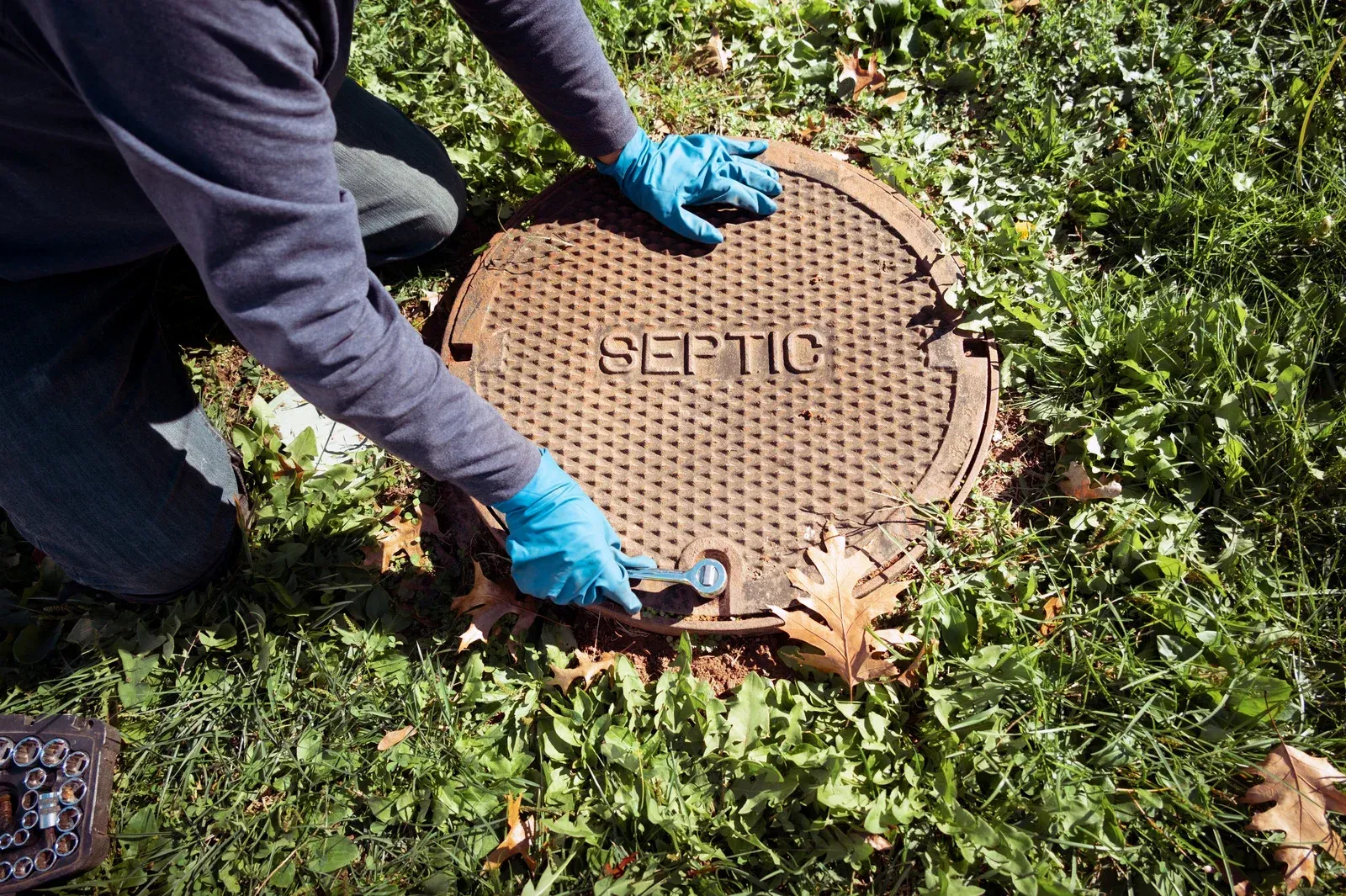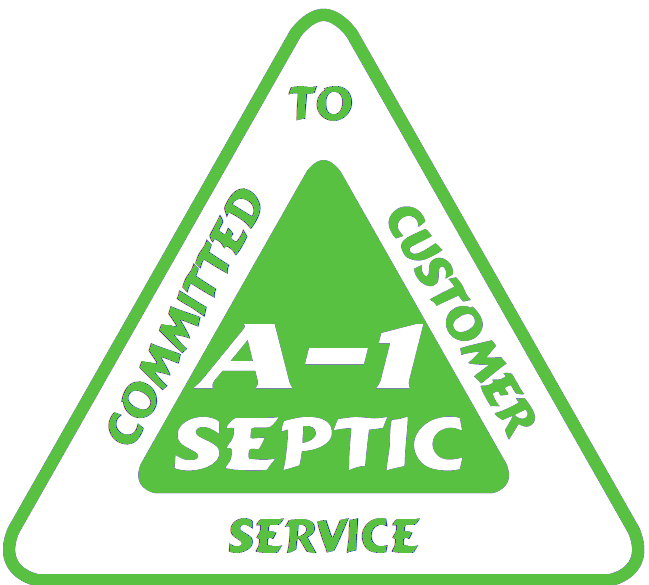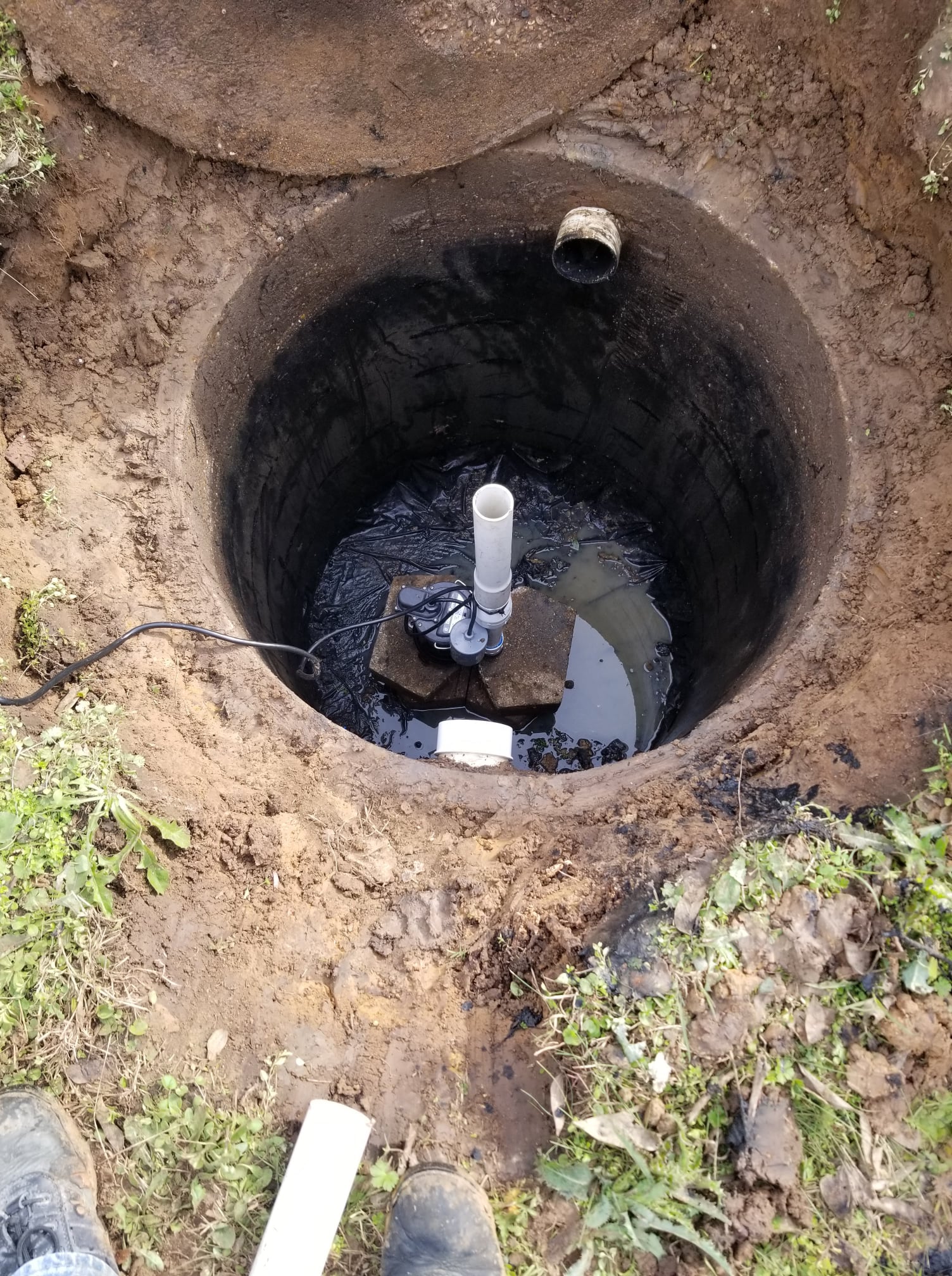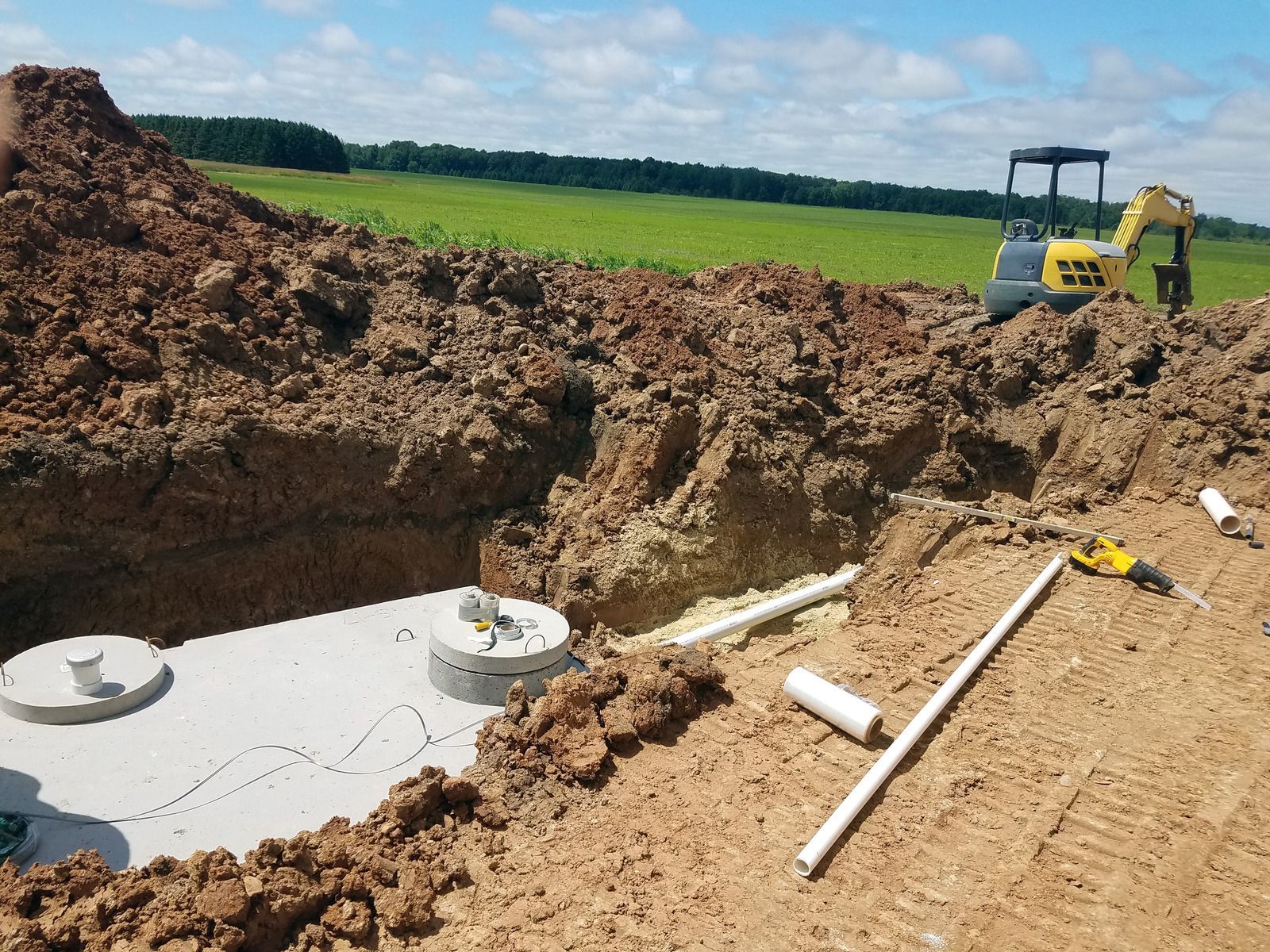Grease Trap Maintenance: Avoiding Common Pitfalls in Commercial Kitchens
Grease trap maintenance is a critical yet often overlooked aspect of running a commercial kitchen. This essential component of kitchen plumbing is designed to trap fats, oils, and greases (FOGs) before they enter the sewer system. Inadequate maintenance can lead to significant problems such as blockages, unpleasant odors, and environmental contamination. This blog explores effective grease trap maintenance strategies and highlights how to avoid common pitfalls.
Understanding Grease Trap Maintenance
- Regular Cleaning and Inspection: The grease trap should be cleaned regularly to prevent FOGs from accumulating and solidifying. The cleaning frequency depends on the trap size and the amount of grease produced by the kitchen. Neglecting this can lead to blockages in the plumbing system, resulting in costly repairs and potential health code violations.
- Proper Waste Disposal: Training kitchen staff in proper waste disposal is essential. Avoid washing down large amounts of food scraps and grease, which can overwhelm the grease trap. Instead, scrape plates and cookware before washing them. This simple practice can significantly reduce the strain on the grease trap and minimize the risk of clogs.
- Avoiding Hot Water Flushes: While it may seem effective, flushing the grease trap with hot water only pushes the problem further down the line. The grease solidifies in the pipes, causing blockages elsewhere. It's a short-term solution that can create long-term problems.
- Professional Maintenance Services: Regular professional servicing is crucial for thoroughly cleaning and inspecting the grease trap. Professionals have the tools and expertise to maintain and repair grease traps properly, ensuring they operate efficiently and comply with health regulations.
Benefits of Effective Grease Trap Maintenance
- Prevention of Plumbing Issues: Regular maintenance of grease traps helps prevent blockages and backups in the plumbing system, ensuring smooth kitchen operations.
- Compliance with Health and Environmental Regulations: Properly maintained grease traps are less likely to cause environmental damage or violate health codes, protecting the business from fines and legal issues.
- Cost Savings: Regular maintenance can prevent expensive emergency repairs and extend the lifespan of the grease trap, providing long-term financial savings.
- Environmental Responsibility:
Efficient grease trap maintenance reduces the risk of FOGs entering and contaminating water systems, demonstrating a commitment to environmental stewardship.
Common Pitfalls to Avoid
- Neglecting Regular Maintenance: Failing to clean and inspect grease traps regularly is a primary cause of severe plumbing problems.
- Improper Kitchen Practices: Allowing staff to improperly dispose of grease and food waste puts extra strain on the grease trap, leading to quicker accumulation and potential clogs.
- DIY Cleaning Methods: Relying solely on in-house cleaning without professional intervention can lead to inadequate maintenance and overlooked issues.
Effective grease trap maintenance is essential for the smooth operation of commercial kitchens. By understanding and implementing regular cleaning schedules, proper waste disposal techniques, and the importance of professional services, kitchen managers can avoid common pitfalls associated with grease trap maintenance. Not only does this ensure a more efficient kitchen operation, but it also contributes to environmental protection and compliance with health regulations. Remember, a well-maintained grease trap is an investment in the longevity and success of your commercial kitchen.





